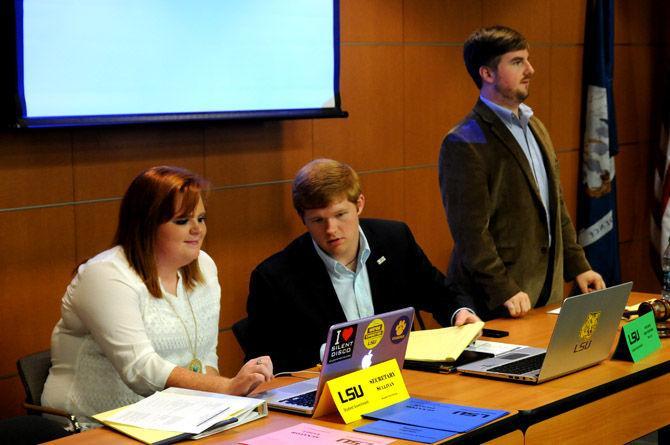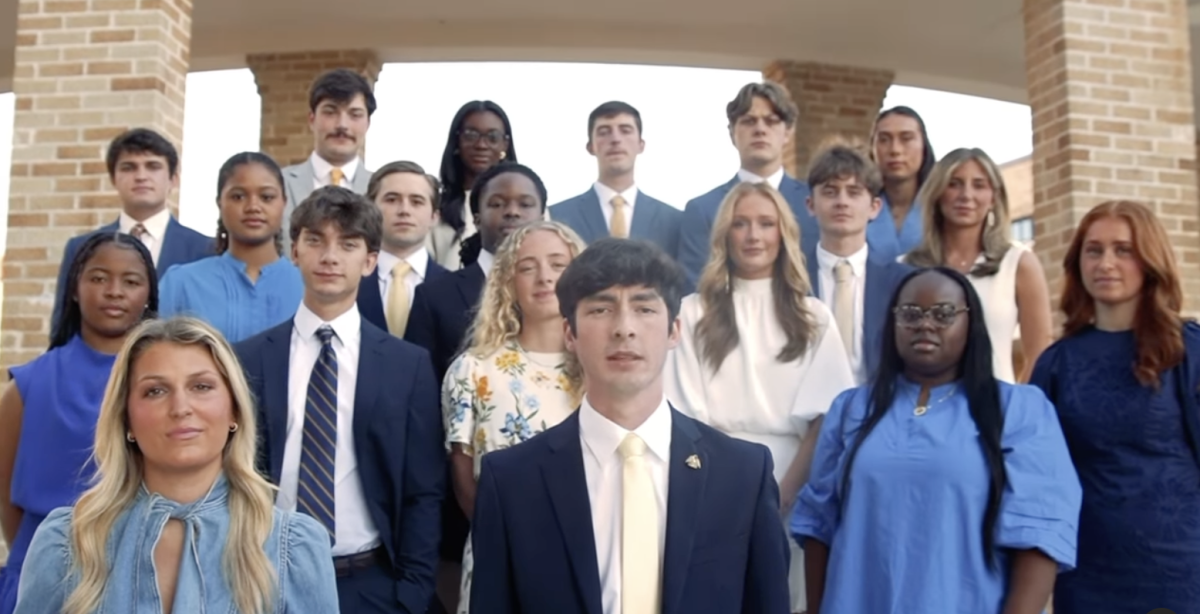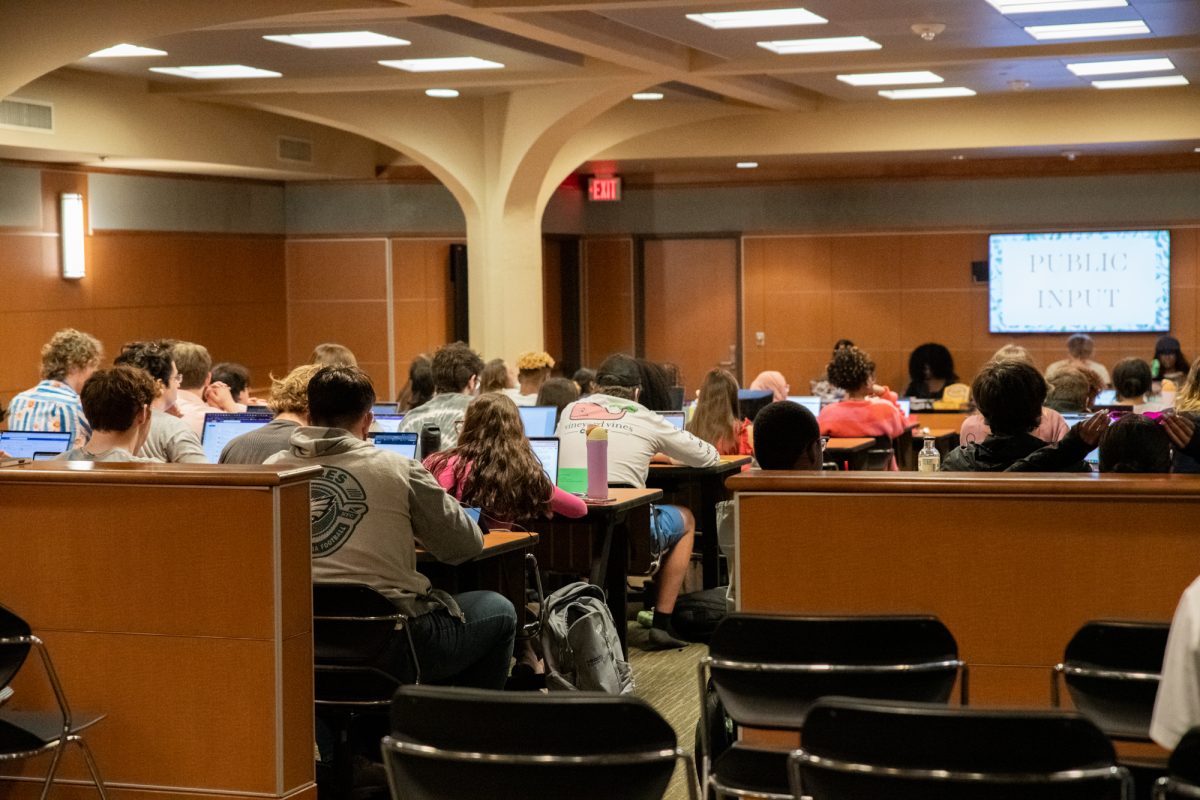Over the course of the semester, a group of Student Government senators will take a closer look at some of LSU’s most frequently challenged academic policies.
The initiative began near the end of fall 2014 under former SG president Clay Tufts, though it didn’t get off the ground until the spring, said Gabby Triche, SG senator and chair of the academic affairs committee. The Senate passed legislation to create the committee at the end of the spring 2015 semester.
The legislation states the committee will last for one year. It’s hoping to review every college by mid-spring, but the committee will stand until the senate’s last meeting next semester, Triche said.
After receiving complaints from students about several policies across campus, Tufts and his executive board decided to look into the issue, said SG Senate speaker Adam Grashoff.
“[Tufts] found that a lot of students across the university, not just in one college, were having these problems,” Grashoff said.
Over the summer, the committee reached out to individual colleges requesting five to 10 of their most contested policies, as chosen by the dean. Only three responded over the summer: the Roger Hadfield Ogden Honors College, the College of Humanities and Social Sciences and the University Center for Advising and Counseling.
Focuses of these policies include the academic tracking system CATS, class rescheduling and replacing failed or dropped courses, Triche said. The committee will make suggestions on how the policies can be improved once every college sends in policies.
Policies sent in from the College of Humanities and Social Sciences ranged from CATS request appeals to adding classed retroactively, Triche said. From the Honors College, there was a policy regarding abroad courses in lieu of honors credit.
The deans typically sent the committee a short one or two sentence synopsis of the policy, Triche said during an SG Senate meeting Aug. 26. The committee members did further research by looking through the general catalog for the policy’s complete description.
Triche said most of the policies cannot be changed, but the committee plans to suggest they be given a more prominent spot on the colleges’ websites to make them easily accessible to students.
One worry is some policies may be outdated, Grashoff said. The committee will look to see if those policies are still effective or if they can be improved with updates.
“We’re just going to look at it and say, ‘OK, this policy works, but this one doesn’t. Maybe you should advertise this policy more and let students know more about it,’” Triche said. “We give them feedback on how to make it better for the students.”
The committee is recontacting the deans of unresponsive colleges this semester. Triche said the committee members already have examined contested policies referred to them over the summer but do not want to make their recommendations until other colleges have made submissions.
“We’re just waiting to hear back from the rest of them,” Triche said. “But the ones who responded seemed to think it was a good idea.”
Student Government committee to review contested academic policies
September 7, 2015
Secretary Heather Sullivan, Speaker pro tempore Andrew Mullet and Speaker Adam Grashoff prepare for business Wednesday, Aug. 26, during the Student Government meeting in the Student Union.
More to Discover








